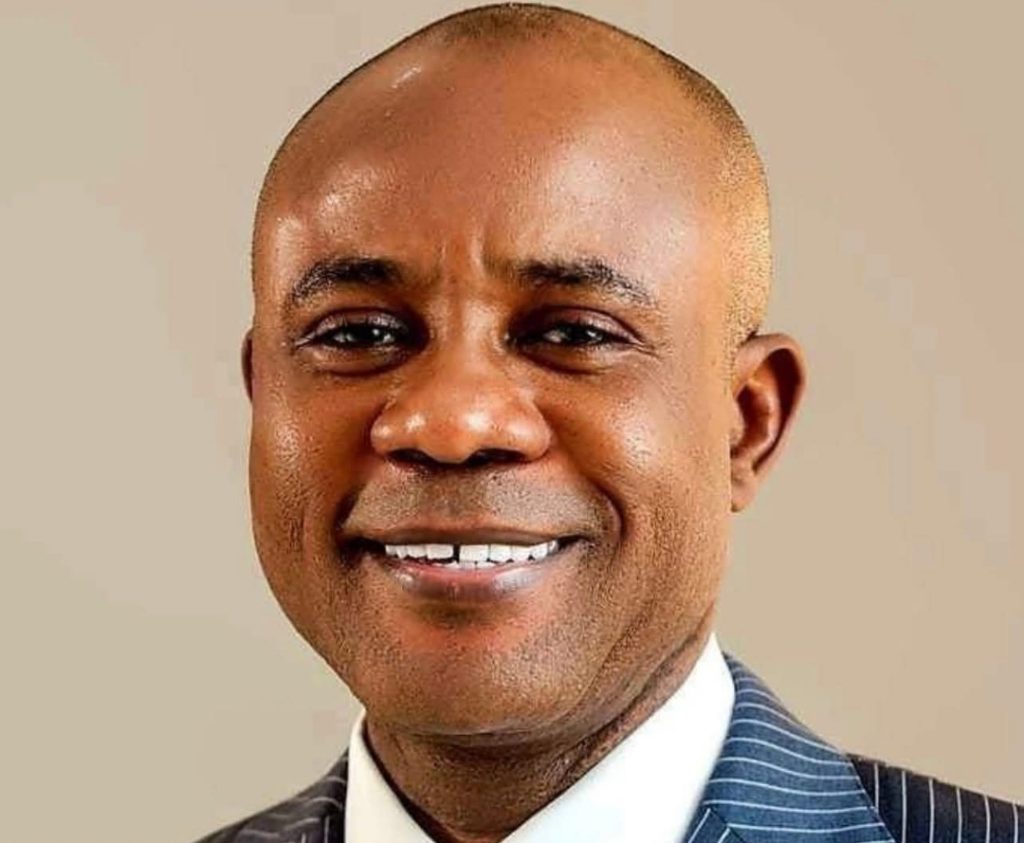Africa
Zimbabwe begs World Bank, IMF, AfDB, for debt restructuring

Zimbabwe’s President Emmerson Mnangagwa has hosted creditors and finance executives to discuss plans for clearing the country’s $12.7 billion external debt and restructuring arrears.
With the nation’s debt representing 81% of its GDP, the task is daunting for a country with a history of financial crises, including hyperinflation and failed currency reforms.
Mnangagwa revealed that Zimbabwe is negotiating a Staff Monitored Program (SMP) with the International Monetary Fund (IMF), which would pave the way for key policy reforms.
African Development Bank (AfDB) President Akinwumi Adesina expressed the AfDB’s readiness to provide financial support for these reforms and help clear arrears.
Finance Minister Mthuli Ncube said timelines for debt restructuring would be clearer by mid-2025, once Zimbabwe secures bridge financing from lenders.
Analysts warn that addressing arrears is crucial for the country’s economic recovery, as Zimbabwe currently cannot access funds from the IMF due to its debt situation.
Clearing arrears with major creditors, including the AfDB, World Bank, and European Investment Bank, is key to unlocking future funding.
The IMF has been unable to provide financial support due to Zimbabwe’s unsustainable debt.
While the SMP would not include financial aid from the IMF, it would signal a return to sound economic policies.
Zimbabwe’s debt burden
Zimbabwe’s debt situation remains complex, with a significant portion of the debt in arrears and penalties, limiting access to international financial assistance.
As of 2024, Zimbabwe’s consolidated debt stands at approximately USD 17.7 billion, with a substantial portion owed to international creditors such as the World Bank, International Monetary Fund (IMF), and various bilateral partners, including China.
The country’s debt distress classification, coupled with large external arrears representing 50% of the total external debt, severely limits its access to further concessional international financing.
In fact, arrears remain a major challenge to the country’s economy, constituting more than *77%* of total external debt.
Zimbabwe’s debt situation has been exacerbated by various factors, including the Economic and Structural Adjustment Programmes (ESAP) of the 1990s, the global recession of 1991/2, devastating droughts, and chaotic implementation of land reforms.
To address its debt burden, Zimbabwe has designed an international re-engagement strategy, dubbed the Arrears Clearance, Debt Relief, and Restructuring Strategy.
This strategy aims to clear arrears, negotiate debt relief and restructuring with international financial institutions, Paris Club creditors, and non-Paris Club creditors.
For Diaspora Digital Media Updates click on Whatsapp, or Telegram. For eyewitness accounts/ reports/ articles, write to: citizenreports@diasporadigitalmedia.com. Follow us on X (Fomerly Twitter) or Facebook











